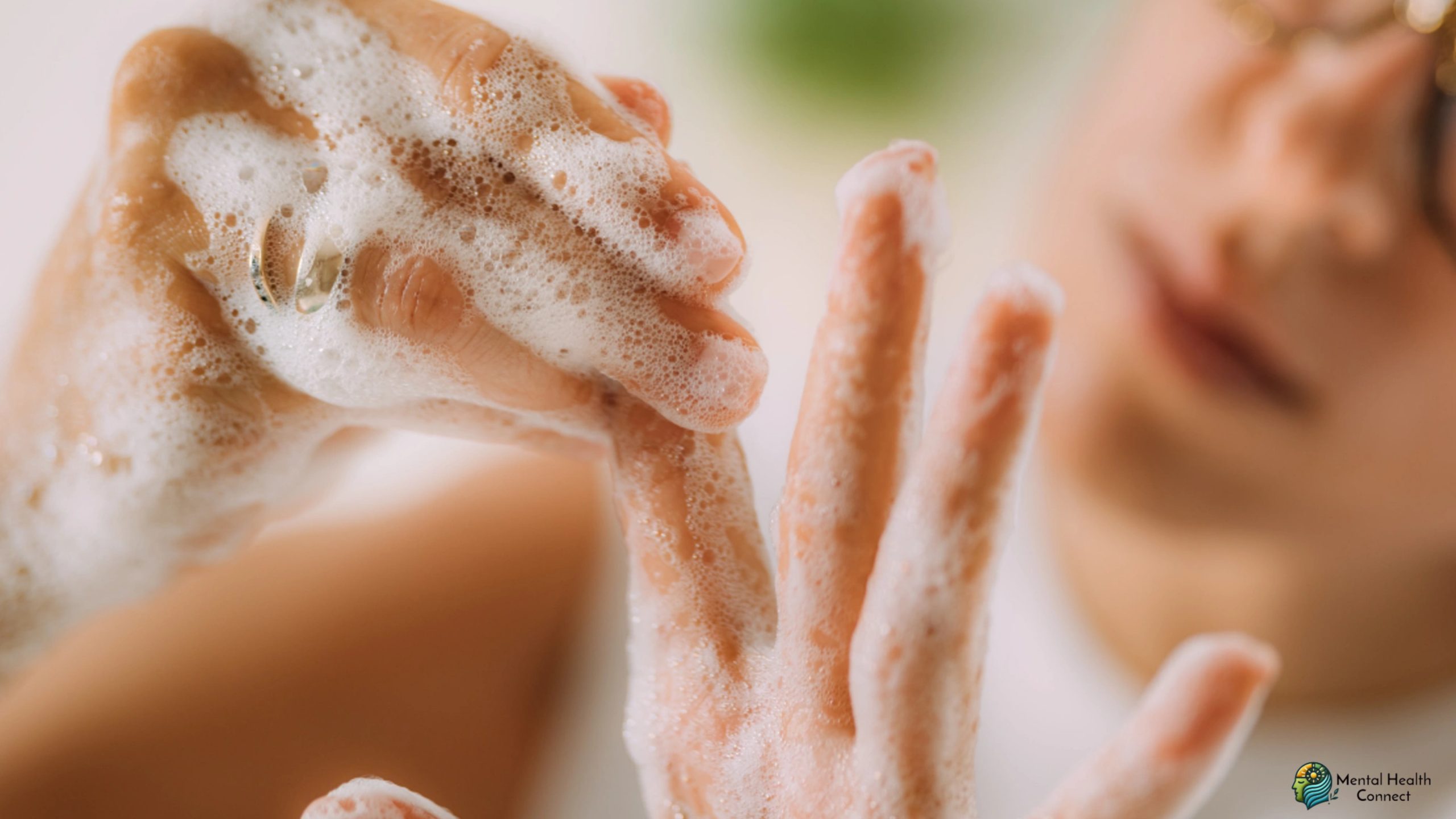Mind Over Matter: How Sports, Travel, and Family Time Can Boost Mental Health

In today’s fast-paced world, mental health has finally begun receiving the attention it deserves. As stress levels rise and digital distractions multiply, finding effective ways to maintain psychological well-being has become essential. Three powerful catalysts for mental health improvement stand out from the rest: sports participation, travel experiences, and quality family time. These activities, when integrated into our regular routines, can create a fortress of mental resilience against life’s challenges.
The Psychological Benefits of Sports Participation

Physical activity does far more than just strengthen muscles and improve cardiovascular health. When we engage in sports, our brains experience a complex cascade of beneficial neurochemical reactions that directly impact our mental state.
The Endorphin Effect
Exercise triggers the release of endorphins, often called feel-good hormones which act as natural painkillers and mood elevators. These powerful chemicals create that runner’s high – a state of euphoria that can temporarily lift depression and anxiety. Regular exposure to these natural mood boosters can create lasting improvements in overall mental outlook.
Stress Reduction Through Movement
Sports participation provides a healthy outlet for stress and frustration. Whether it’s hitting a tennis ball, swimming laps, or cycling through nature, physical exertion helps process and release tension that might otherwise manifest as anxiety or irritability. The rhythmic nature of many sports activities creates a meditative state that calms the nervous system and quiets the mind.
Building Confidence Through Achievement
Setting and reaching fitness goals creates a powerful sense of accomplishment that translates to other areas of life. Each small victory on the field, court, or track reinforces self-efficacy the belief in one’s ability to overcome challenges. This growing confidence becomes a psychological resource that helps navigate life’s difficulties with greater resilience.
How Travel Expands Mental Horizons

Travel takes us out of our comfort zones and introduces novel experiences that challenge and refresh our mental frameworks. Whether exploring distant countries or discovering hidden gems closer to home, travel experiences offer unique benefits for psychological well-being.
Breaking Routine: The Power of Novel Experiences
Our brains crave novelty. New experiences create stronger, more vivid memories and stimulate neuroplasticity – the brain’s ability to form new neural connections. When we travel every day brings fresh sensory input from tasting exotic foods to navigating unfamiliar streets. This constant stream of novelty refreshes mental pathways that may have become rigid through routine.
Perspective Shifts Through Cultural Immersion
Experiencing different cultures provides powerful perspective shifts that can alleviate anxiety and depression. Witnessing different approaches to life, work, relationships, and happiness often leads to valuable self-reflection. These new perspectives can help us question limiting beliefs and discover alternative solutions to personal challenges.
Mindfulness Through Present-Moment Awareness
Travel naturally encourages mindfulness – the practice of being fully present in the moment. When exploring a new location, our senses heighten as we absorb unfamiliar sights, sounds, and sensations. This state of heightened awareness pulls us out of rumination about the past or anxiety about the future, allowing mental reset and rejuvenation.
The Healing Power of Family Connections

In an increasingly isolated society, meaningful family connections provide crucial social support for mental health. These relationships offer emotional safety nets and opportunities for genuine connection that buffer against psychological distress.
Secure Attachment and Emotional Regulation
Family bonds, especially when healthy and supportive, create secure attachment that helps regulate emotions. Knowing we have people who care about our well-being reduces stress hormones like cortisol and increases oxytocin, the bonding hormone associated with trust and emotional connection. These neurochemical changes directly impact anxiety levels and emotional stability.
Identity Formation Through Shared History
Family relationships help anchor our sense of identity through shared experiences and stories. Understanding where we come from and feeling connected to a larger narrative provides psychological grounding that can prevent feelings of isolation and meaninglessness. Regular family time reinforces these connections and strengthens this aspect of identity.
Communication Skills and Emotional Intelligence
Family interactions, with their complex dynamics, help develop crucial emotional intelligence skills. Learning to navigate disagreements, express needs effectively, and understand others’ perspectives within the family system creates communication abilities that transfer to other relationships. These skills become invaluable resources for maintaining mental health throughout life.
Creating a Balanced Approach to Mental Wellness
The true power of sports, travel, and family time emerges when these elements work together in a balanced approach to mental wellness. Each component addresses different psychological needs while complementing the others.
Integrating Physical and Social Well-being
Team sports offer a perfect example of how physical activity and social connection can combine for maximum benefit. Playing basketball with friends or joining a recreational soccer league provides both exercise and community support. Similarly, active family vacations blend physical movement, novel experiences, and relationship-building into powerful mental health interventions.
Finding Your Personal Formula
The ideal combination of sports, travel, and family time varies for each individual. Some may thrive with daily exercise, occasional weekend trips, and weekly family dinners. Others might prefer seasonal sports leagues, annual international travel, and daily family check-ins. The key is discovering which formula provides enough of each element to maintain your particular mental health needs.
Overcoming Common Barriers
Time constraints, financial limitations, and competing responsibilities often create barriers to implementing these mental health strategies. Creative solutions exist for each challenge:
- For time limitations, integrate brief physical activities throughout the day, plan stays to explore local attractions, and create meaningful family rituals that fit into busy schedules.
- For budget constraints, explore free community sports programs, discover low-cost travel opportunities like camping or home exchanges, and focus on quality of family time rather than expensive outings.
- For those with limited family connections, expand the definition of family to include chosen family, close friends and community members who provide similar emotional support.
Creating Lasting Mental Health Through Lifestyle Design
As mental health awareness continues growing, the evidence becomes increasingly clear: lifestyle factors like sports participation, travel experiences, and family connections profoundly impact psychological well-being. By consciously designing our lives to include these elements, we create natural defenses against depression, anxiety, and stress while building resilience for life’s inevitable challenges.Rather than viewing mental health as something to address only during crises, this integrated approach weaves psychological wellness into the fabric of daily life. The mind-body connection activated through sports, the perspective gained through travel, and the emotional security established through family bonds work synergistically to create a foundation of mental wellness that can last a lifetime.
-
 How to Support Someone with OCDApril 17, 2025
How to Support Someone with OCDApril 17, 2025 -


Leave a Reply